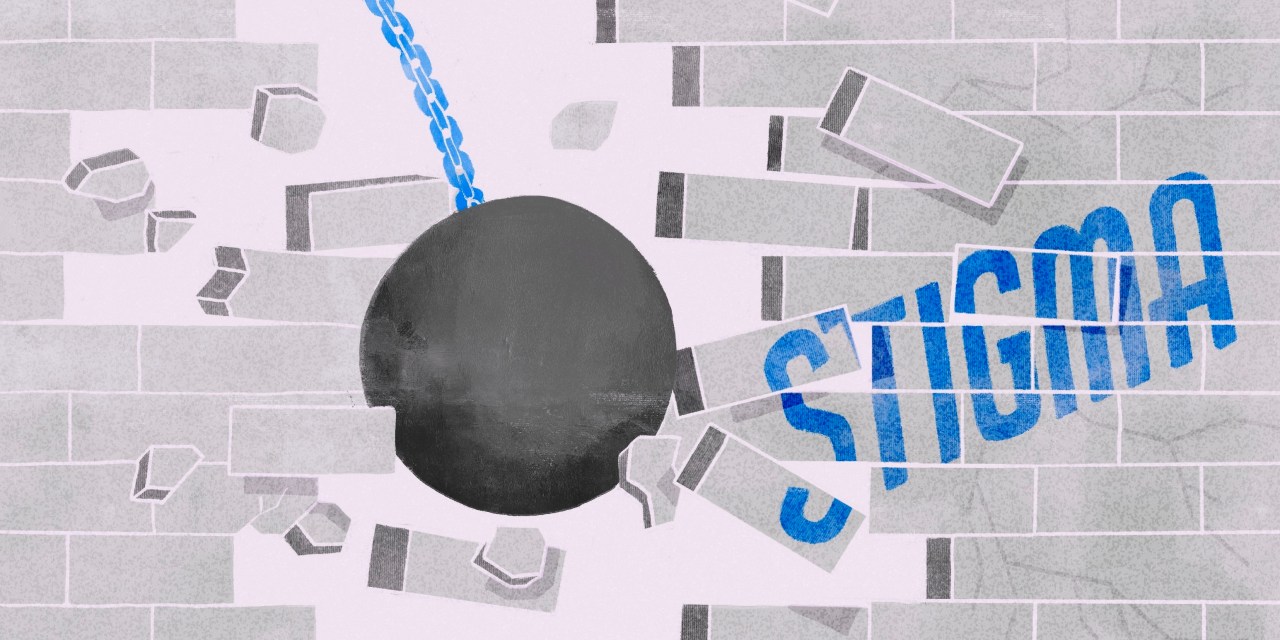Here are four workplace norms Gen Z rejected this year

The youngest generation to enter the workforce is rejecting traditional workplace norms across the board.
They’re leaving the office at 5 p.m. on the dot, actually taking their sick days and talking about their mental health candidly on the job, unlike the generations before them. They’re also communicating more casually and still learning how and when to set boundaries to maintain work-life balance.
“Being able to talk about mental health, being able to talk about your frustrations, telling your boss that you don’t feel like you’re getting paid enough, leaving work early because you feel like you’re not being respected, I think these are all good things that, to be honest in my early career, we would never have dreamed of,” said Josh Bersin, global industry analyst and CEO of HR and corporate talent consultancy Josh Bersin Co.
The youngest workers have major sway in getting workers of all ages on board and rejecting these norms, he stressed. “I think accommodating these slightly, what people may have considered wacky things at work, is the future.”
And the attitude and expectations of this generation should permeate across generations in workplaces, some believe. “Gen Z and younger workers entering the workforce are truly redefining the meaning of work. They are encouraging senior leaders to reconsider elements such as work identity, boundaries and self-advocacy,” said Rajesh Varrier, evp and head of digital experience of digital consulting firm Infosys. “Gen Z priorities are shifting business practices towards human-centricity and modifying the business landscape rapidly,” he added.
Not staying a minute past 5 p.m.
For previous generations, the notion of arriving on time, or early (to beat others into the office and get ahead on work) and leaving late if necessary, were universal codes of conduct. Often, staying late was a necessary part of completing a time-sensitive project, or product – especially through times when the digital technology advancements now taken for granted, didn’t exist, making tasks lengthier. But there was also a culture of presenteeism. If the boss was still in the office, or other senior members of the team were, then surely everyone had to stay?
To the majority of Gen Z workers, this age-old custom of presenteeism is bewildering. Many have been active about expressing (often on social platforms like TikTok) their refusal to engage in this type of so-called productivity theater – or any attempt to appear productive without actually boosting their output.
And while being at your desk is a clunky measure of how productive a person is, there is a risk that this presenteeism will creep back in as more businesses call people back to the office. But not for Gen Z.
This summer, young workers expressed their refusal to stay a minute past 5 p.m. at their desks – whether in the office or working from home – in TikTok videos, which quickly went viral. In the videos, Gen Z workers themselves and their colleagues parodied how the first one to leave the office most days is typically a Gen Zer, and they’re doing so shamelessly.
It also speaks to the high value they place on work-life balance and their willingness to put up clear boundaries when work seeps into their personal lives. Some of these workers though are doing the bare minimum in an act of defiance, expressing they feel undervalued and unmotivated to go the extra mile, in a handful of the clips.
Actually taking their sick days
Being reluctant to take a sick day has typically been the norm for previous generations of workers who feared it could hurt their teammates and make them seem like they aren’t that dedicated to their employer. But the pandemic changed some stigmas around working while visibly sick, and younger workers in particular are balking at the idea of not taking their allowed sick time.
In 2023, some 30% of white-collar workers with paid leave took sick days, up from about 20% in 2019, according to a report from HR software company Gusto. Those aged 25 to 34 years old are taking their sick days most often, with rates up 45% since pre-pandemic, that report found. In 2023 so far, 32% of workers aged between 25 and 34 years old have taken sick leave, compared to 28% of workers aged 35 to 54 years old.
“This younger generation is now the most likely to take time away from work to rest and recover from an illness – a sign of a generational shift in the attitude that employees have to taking time off to protect their health,” that report said.
Open about their mental health
While talking about one’s mental health issues at work has been long-stigmatized, Gen Z workers are taking an entirely different approach. They’re open with discussing their own mental health struggles and expect employers to provide needed resources and support. Some 92% of about 1,000 soon-to-be college graduates polled in Monster’s 2023 State of the Graduate Report this year said it’s important for them to feel comfortable talking about their mental health at work.
“Gen Z has invested great interest in employee productivity and well-being as well as employee benefit programs, and they have especially brought greater attention to the idea that prioritizing workplace mental health is critical to business success,” Varrier said.
“To tell their company or their boss that they’re not feeling well, that they feel threatened, that they’re having mental health issues, that they’re uncomfortable, is a really good thing,” Bersin said. “I think it really hurts companies when employees can’t speak up and don’t speak up,” he said.
They’re communicating way more casually on the job
A major hurdle for Gen Z as they enter their careers has been learning to balance professionalism with individuality. One example comes from the way they communicate on the job. They’re using silly email signatures, slang, sarcasm, curse words, and generally making their interactions with others at work increasingly casual. Employers have been more split on how to handle this trend, with many requiring training courses for younger workers as they return to in-person work, with courses covering topics like how to have an appropriate workplace conversation.
Almost half of employers are currently offering business etiquette classes and 18% said they plan to do so by 2024, according to a survey from ResumeBuilder.com of 1,500 respondents who hold executive or management titles at companies with 11 or more employees. Among those who said training will be required for only some employees, more than half said they’d require new college graduates or staff in their twenties to do the programs.
Experts say a lack of clarity in the way younger workers communicate is a key issue that can cause miscommunications and misunderstandings. But Gen Zers ultimately place a lot of value on their ability to express themselves authentically and feel safe to be themselves when interacting with others.

